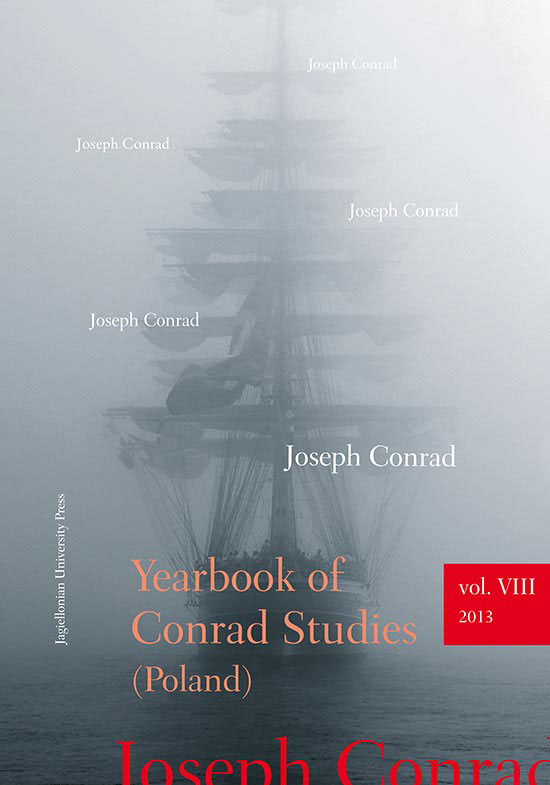Apollo Nałęcz-Korzeniowski and Cyprian Norwid: looking for common ground
Apollo Nałęcz-Korzeniowski and Cyprian Norwid: looking for common ground
Author(s): Karol SamselSubject(s): Literary Texts
Published by: Wydawnictwo Uniwersytetu Jagiellońskiego
Keywords: Cyprian Norwid; Apollo Nałęcz-Korzeniowski; William Shakespeare; metadramatic strategies; translation strategies; modern comedy
Summary/Abstract: The aim of the present article is to determine the extent to which Apollo Nałęcz-Korzeniowski (Joseph Conrad’s father) and Cyprian Norwid — both of whom can be linked to the development of European modernism — shared a common approach to literature and the main social questions of their times. To this end I have made an analysis of the translation and metadramatic strategies adopted by both writers, whose approach to the practical problems of translation is modern in every respect. Korzeniowski and Norwid draw attention to the difficulties involved in adapting a writer’s natural style not only to a different linguistic context, but also to the specific translatability limitations imposed by a different literary culture. Both authors cite the symptomatic example of the musicality of Shakespearean verse, which Korzeniowski examines in the case of A Comedy of Errors and Norwid in Julius Caesar. Unlike Korzeniowski, who treats the original text as a literary whole, Norwid strays beyond the bounds of his own theory of translation by adding a philosophical component based on neoplatonism — as well as his own theory of “reading idiolects” — thus assuming the position of a ‘modern fragmentarist’ who makes a creative selection of text to be translated. The metadramatic ideas of Korzeniowski and Norwid found their fullest expression in the former’s Studya nad dramatycznością w utworach Szekspira (An Enquiry into Shakespeare’s Dramatic Art — 1868) and in the latter’s preface to his play entitled Pierścień Wielkiej-Damy (The Great Lady’s Ring — 1872). In their reinterpretations of Shakespearean drama, both writers sought to join in the literary ‘revisionism’ that took place in Europe after 1848 (and in Polish literature only after 1863) in order to lay the foundations of ‘modern comedy’. What they came up with was Norwid’s concept of the tragicomic (or ‘white tragedy’) and Korzeniowski’s concept of ‘flight into the realm of delusion’, both of which relate to the Shakespearean experience of ‘theatre within theatre’: in Norwid’s ‘actor’ and Korzeniowski’s ‘Man being in a state of delusion’ we have two models of a humanity that resorts to internal escapism in reverse, as it were — a Hamlet-like ‘flight into consciousness’. The legacy of the events of the 1863 January Uprising can be seen in the idea — put forward by both authors (albeit from differing standpoints) — of a synthesis of dramatic art and the life of the nation, in order that Society may take a long, hard look at itself.
Journal: Yearbook of Conrad Studies (Poland)
- Issue Year: 2013
- Issue No: VIII
- Page Range: 121-132
- Page Count: 12
- Language: English

